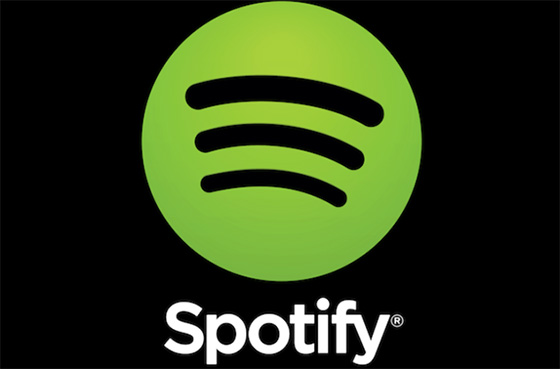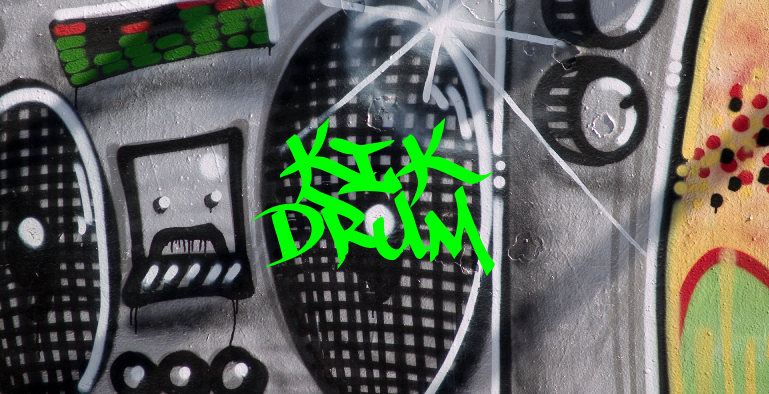
Spotify has been hit with a second class action suit over alleged systemic and willful copyright infringement.
Los Angeles-based law firm Gradstein & Marzano filed a claim late Friday (Jan. 8) with a class of recording artists, led by Melissa Ferrick, seeking $200 million in damages. It follows a Dec. 28 lawsuit filed on behalf Camper Van Beethoven and Cracker frontman David Lowery, who is seeking $150 million in damages.
The latest suit states that instead of pursuing direct licenses, or using the compulsory mechanical license mechanism, which would require the service to file a notice of intent with the publishers of each song on its service, Spotify chose to outsource its licensing and accounting obligations to the Harry Fox Agency. The suit states that HFA “was ill-equipped to obtain licenses for all of the songs embodied in the phonorecords distributed by Spotify.”
Spotify moved forward on its promise to subscribers to provide “all the music you ever need … for every moment.” In doing so, the complaint alleges that the streaming company decided to “employ a now familiar strategy for many digital music services — infringe now, apologize later. Spotify chose expediency over licenses.”
The lawsuit lists more than 125 Ferrick songs, and alleges that combined they had been streamed on Spotify about 1 million times. Ferrick began her recording career in the early 1990s when she was signed to Atlantic Records. Her albums have sold about 154,000, according to Nielsen SoundScan, 67,000 track downloads. The artist’s two best selling songs, “Welcome To My Life” (7,000 downloads) and “Anything Anywhere” (6,000) are on the list of alleged infringed songs.
Sources say Ferrick is a client of Audiam, the company founded by Jeff Price, who has been verbally sparring with Spotify over the last few months. Price claims that many of the publishing catalog he represents haven’t been licensed or received proper renumeration by Spotify.

Melissa Ferrick
Plaintiff Ferrick and the to-be-determined class members are entitled to recover up to $150,000 in statutory damages for each musical composition infringed, according to the suit.
According to the complaint, a class action lawsuit is the best way to pursue adjudication of this controversy because individual litigation of the claims of all class members is impracticable.
For example, because of class members with smaller claims, the expense and burden of individual litigation may not justify pursuing the claims individually. Furthermore, even if every member of the class could afford to pursue individual litigation, the court system could not be so encumbered, it further states.
The complaint noted that since its launch in 2011, Spotify had raised close to $1 billion in private equity and obtained a valuation in excess of $8 billion.
“While Spotify has profited handsomely from the music that it sells to its subscribers, the owners of that music (in particular, songwriters and their music publishers) have not been able to share in that success because Spotify is using their music for free,” the lawsuit says.
In addition to compensatory and/or statutory damages in excess of $200 million, the complaint asks the court:
- To rule Ferrick as the class representative and similarly situated songwriters a proper class.
- To certify Gradstein and Marzano as class counsel
- A temporary, preliminary and permanent injunction enjoining and restraining the service from continued unlicensed reproduction and distribution of the copyrighted musical compositions owned by Plaintiff and the members of the class.
- For pre- and post-judgment interest, and for such fees and costs, including reasonable attorney’s fees, incurred.
While there are separate class actions suits ongoing, at some point there likely could be negotiations between the law firms and lead plaintiff’s to join them together — or a court ruling could favor only one of the suits going forward. After the first class action lawsuit was filed, the service said in its defense it has paid $3 billion in royalties since its inception.
In addition, Spotify and other interactive services are involved in settlement negotiations with the National Music Publishers’ Assn. over unlicensed and unpaid publishing royalties and how to eliminate that problem on a going forward basis.
The Ferrick complaint stated that Spotify only recently announced it was investing in systems to handle its music publishing responsibilities.
“That is an investment and process that Spotify should have undertaken before it decided to reproduce and distribute embodying unlicensed musical compositions to the Service’s millions of users, not over four years after Spotify launched the Service in the United States,” the suit says.
“At this point, Spotify’s failure to properly obtain licenses is much more than what it euphemistically describes as an “administration system” problem; it is systemic and willful copyright infringement for which actual and statutory damages are the remedy.”
[Source : Billboard]




































